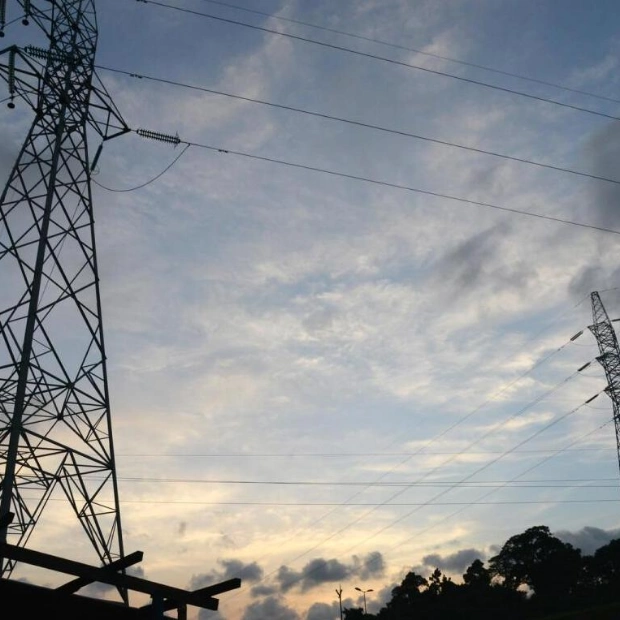Gen-Z might be digital natives, but our attachment to our phones is excessive. From the original Motorola Razr to the Blackberry and eventually a series of iPhones, my connection to this glass and metal device is almost automatic. It's second nature to grab it when I move, feel anxious when it's not within reach, and always have it in my hand when I'm seated. Whether I'm in the bathroom, on public transport, or even under the conference table at work where I should be focused.
However, despite this constant need to have it nearby, I don't see myself as addicted to my phone. I must reply to my mother's text or she'll start calling everyone we know to ensure I'm okay. I also need to respond to work emails, Slack, Microsoft Teams, or Discord messages to avoid being reprimanded. As a journalist, I also need to answer phone calls. I can research or edit while on the train or stuck in traffic. I've created slide presentations and data visualizations on my phone, and located and interviewed sources using it when no other options were available. Last year, during a six-hour power outage, my phone and an old battery I charged at a café provided me with entertainment, access to my work materials, and my bank cards since my wallet was stuck in an elevator with no power.
So, the issue isn't tech addiction. Technology is continually solving new problems, despite concerns about AI. The real problem lies in what else is on the phone. There's social media, endless news feeds, doom scrolling, and a deluge of media designed to extract data for advertisers. I've realized that I often lose track of time, sometimes up to an hour or more, just by scrolling. I might sit down to remove my shoes after the gym, hear my phone, check it, and then keep clicking through, only to find 20 minutes have passed and my neck hurts from holding the phone at an awkward angle.
I'm discovering that my issue isn't with the phone itself but with the content it provides. Removing the feed is crucial for maintaining a healthy relationship with technology. The phone offers too much access, so eliminating the option is necessary. The need for technology and its uses has increased significantly, especially in the past five years due to a global pandemic and the demands of virtual meetings. Yet, we rarely discuss Baby Boomers and Gen-Xers and their tech addictions, whether it's Facebook or just YouTube on their TVs. They click on one video and let the algorithm guide them deeper. The same applies to social media, but Gen-Z and most Millennials know how to tailor their feeds and manipulate the algorithms, unlike Boomers who lose more time on the explore/discover/for you page.
The phone is merely the medium. The content is the real issue. Whether it's seeking validation, experiencing rage, schadenfreude, or joy, the phone provides instant gratification, which isn't healthy. As Gen-Z, it's our responsibility to make corrections before future generations feel the need for constant screen interaction.






